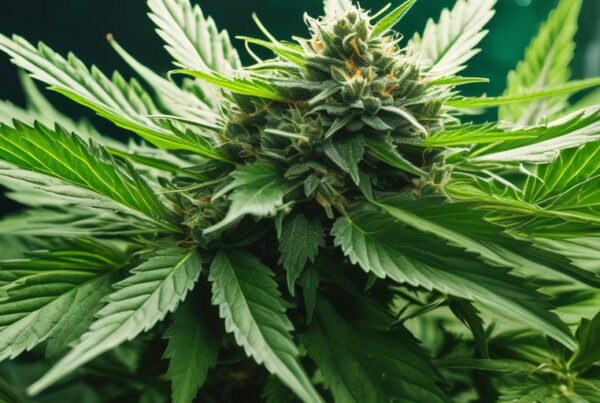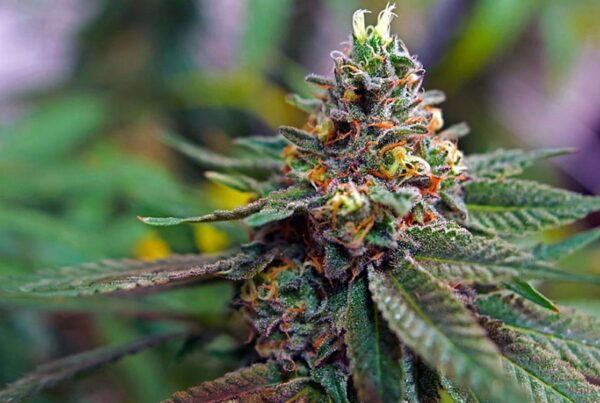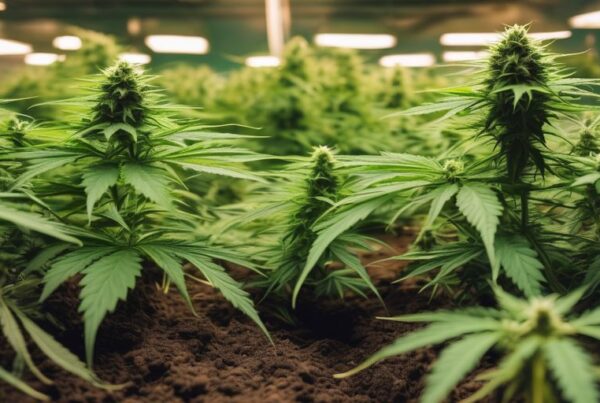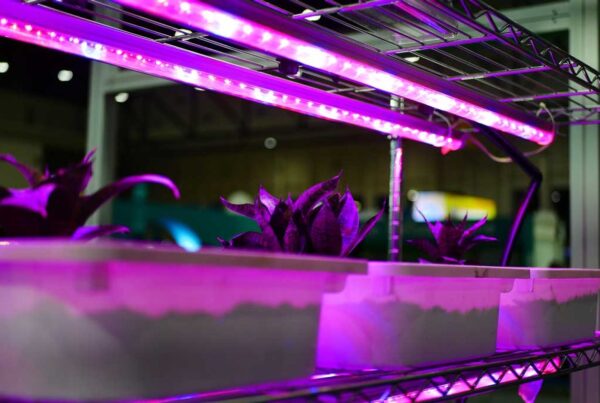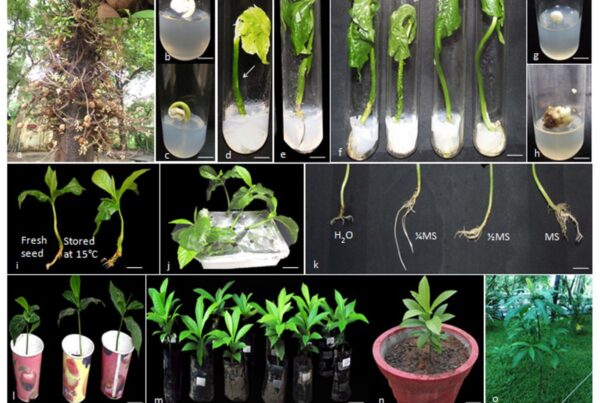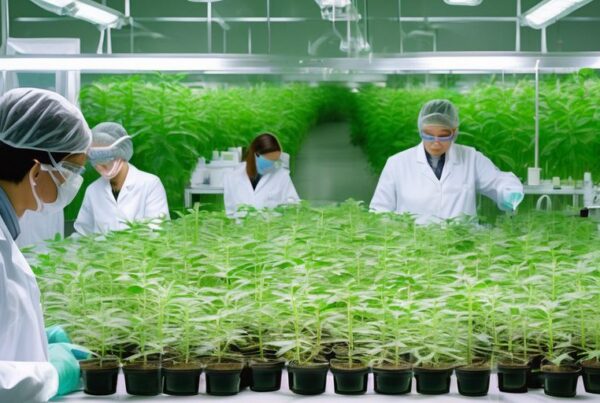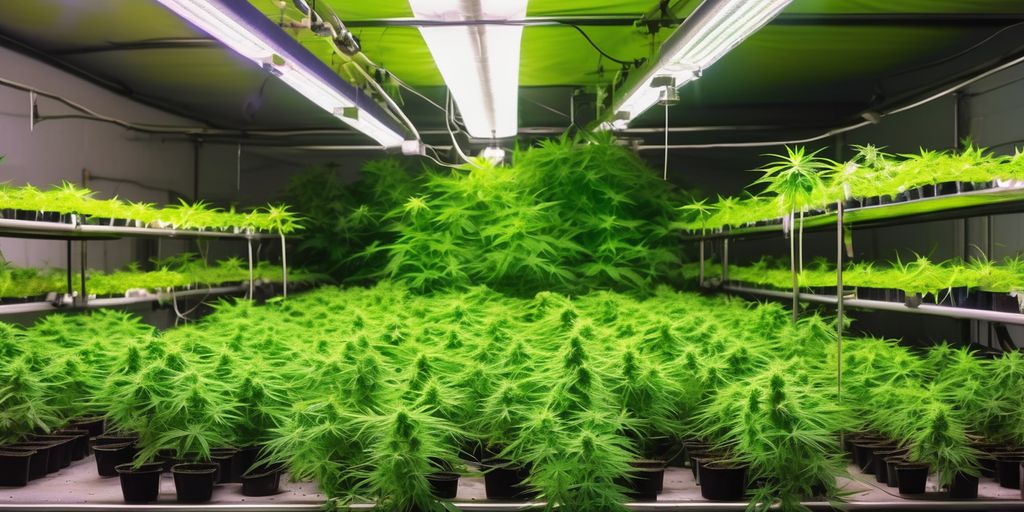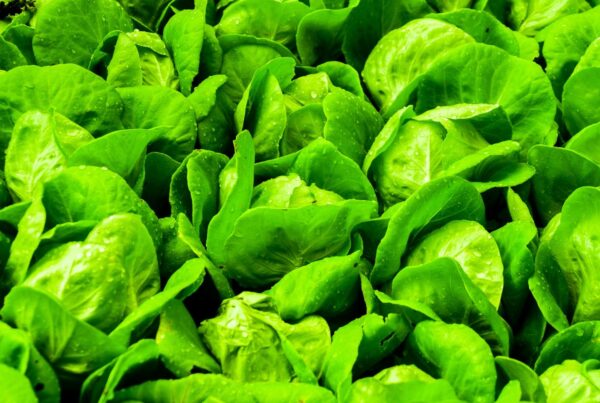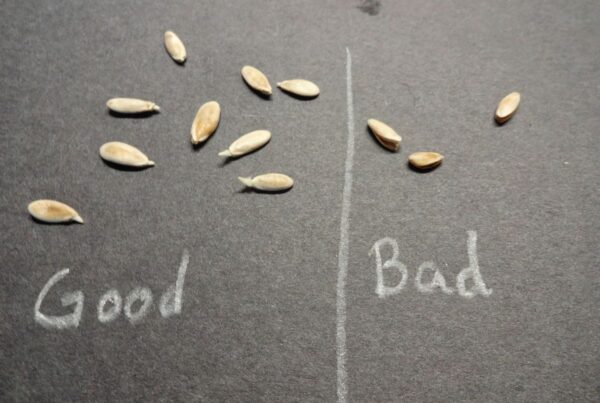The debate between organic and synthetic nutrients for cannabis cultivation is a crucial consideration for growers aiming to optimize plant health, yield, and environmental sustainability. This article delves into the core differences, benefits, and drawbacks of each nutrient type, providing a comprehensive guide to help you make an informed decision for your cultivation practices.
Key Takeaways
- Organic nutrients, derived from natural sources, enhance soil structure and microbial life, promoting a sustainable growing environment.
- Synthetic nutrients offer precision and control, allowing for tailored nutrient balances that can accelerate growth and increase yields.
- Organic nutrients are generally safer for the environment, reducing the risk of chemical runoff and supporting long-term soil health.
- Synthetic nutrients are versatile and suitable for both soil-based and hydroponic systems, providing ease of use with clearly defined nutrient ratios.
- The choice between organic and synthetic nutrients should consider factors like cultivation setup, cost, personal preference, and environmental impact.
The Great Debate: Organic vs. Synthetic Nutrients
Understanding the Basics
Down here in southern Oklahoma, we’ve got a saying: ‘You are what you eat,’ and the same goes for our plants! Deciding between organic and synthetic nutrients is like choosing between a home-cooked meal and fast food. Both will fill you up, but it’s the long-term effects that matter. Organic nutrients are all about feeding the soil and the soul of your garden, while synthetic nutrients are like a quick fix, a shot of energy to boost your plants when they need it most.
Impact on Plant Health
Now, let’s talk about what these choices mean for our green ladies. Organic nutrients are a long-term investment in the health of both your plants and the environment. They slowly release nutrients, making them available as nature intended. On the flip side, synthetic nutrients can give your plants a rapid growth spurt. They’re great for hydroponic growing where precision and control are key. But remember, too much of a good thing can lead to nutrient burn, so moderation is the name of the game!
Environmental Considerations
Lastly, we can’t ignore the impact our choices have on Mother Earth. Using organic nutrients is like giving back to the land that gives us so much. They help maintain soil health and biodiversity, which is crucial for sustainable farming. Synthetic nutrients, while effective, can lead to soil degradation and water pollution if not used responsibly. So, it’s not just about growing the dankest buds, but also about keeping our environment lush and thriving for future generations of growers.
The Dirt on Organic Nutrients
What’s in the Mix?
Organic nutrients, oh boy, they’re like the slow-cookin’ BBQ of the plant world. They take their sweet time, but the flavors they bring out in your buds? Unmatched! We’re talking a mix of natural ingredients—think fish meal, bone meal, and compost. These goodies feed not just your plants but also the tiny critters in the soil that help break everything down.
Benefits for Your Buds
Now, let’s chat about what these organic concoctions do for your green ladies. First off, they contribute to the development of complex flavors and aromas, enhancing the terpene profiles. Plus, they’re like a slow-release capsule, making sure your plants get a steady diet without the shock of chemical nutrients. Here’s a quick rundown of the pros:
- Improved flavor and aroma
- Enhanced terpene profiles
- Steady nutrient release
- Better soil health
But, it’s not all sunshine and rainbows. There are a few cons to keep in mind:
- Slower nutrient absorption
- Delayed deficiency correction
- Higher pest attraction
Homemade Recipes
And for those of you who like to get your hands dirty, why not whip up your own organic nutrient mix? It’s like brewing your own beer but for your plants! You can start simple with compost teas or get fancy with some bone meal brews. Just remember, the key is balance and knowing what your specific strain loves.
The Science Behind Synthetic Nutrients
Precision and Control
When it comes to feeding our green ladies down here in southern Oklahoma, precision is key, and that’s where synthetic nutrients shine. They allow you to feed your plants with exactly what they need, when they need it. This is a game-changer, especially during those critical growth phases. You can dial in the exact amount of each nutrient, making it easier to avoid deficiencies or toxicities. It’s like having a nutrition plan tailored for your plants!
Suitability for Hydroponics
Now, if you’re dabbling in hydroponics, synthetic nutrients are pretty much your best friend. They dissolve easily and provide immediate nourishment to your plants. This means faster growth and happier plants. Plus, there’s no messing around with soil or compost—just clean, straightforward nutrition that keeps everything running smoothly.
Ease of Use
Let’s be honest, we’re all looking for ways to make our lives a bit easier, and synthetic nutrients do just that. They come in handy, easy-to-store forms like dry pellets or liquid mix-ins. No fuss, no muss. Just measure, mix, and you’re good to go. It’s perfect for those of us who want to spend less time worrying about our nutrient mix and more time enjoying the fruits (or buds) of our labor.
Pros and Cons Showdown
Organic Nutrients: The Good and the Bad
Let’s kick things off with the organic stuff. Organic nutrients are like that home-cooked meal—made with love and just feels right. They promote soil biodiversity and microbial activity, making your plants hearty and robust. But, they can be less predictable and slower to react compared to their synthetic cousins. Plus, if you’re not careful, you might end up with a nutrient mix as inconsistent as Oklahoma weather!
Synthetic Nutrients: The Upsides and Downsides
Now, onto the lab-made brews. Synthetic nutrients are all about precision and control. You get what you put in, and it’s fast-acting, which can be a lifesaver during those tight grow cycles. However, they can be a bit too harsh on the environment and your plants if not used judiciously. Overfeeding is easy and can lead to nutrient build-up, which might just spoil the natural taste of your buds.
Making the Right Choice for Your Grow
Choosing between organic and synthetic nutrients is like deciding whether to barbecue with gas or charcoal. Each has its charm and pitfalls. If you’re torn, why not try a bit of both? Start with organic to build up a healthy soil base, then tweak with synthetic for that extra oomph when needed. Remember, the best growers are always tweaking their recipes!
Real Growers’ Experiences
Organic Tales from the Trenches
Down here in southern Oklahoma, we’ve got a saying: ‘If it ain’t broke, don’t fix it.’ But when it comes to growing the dankest buds, sometimes the old ways need a bit of tweaking. Many of us have been switching to organic nutrients, and let me tell you, the results are as tasty as grandma’s peach pie! Organic nutrients result in buds with a more complex smell, but patience is key because these plants take their sweet time growing.
Synthetic Success Stories
Now, don’t get me wrong, synthetic nutrients have their place too. They’re like the fast food of plant food—quick, consistent, and you know what you’re gonna get. For those of us running a tight ship with schedules tighter than a drum, synthetic nutrients offer the precision and control we need to keep things running smoothly.
Balanced Approaches
And for the folks who can’t decide between old school and new school, there’s a middle path. Mixing organic and synthetic nutrients can give you the best of both worlds. You get the robust flavors and environmental friendliness of organic, with the growth speed and ease of use from synthetic. It’s like having your cake and eating it too, only this cake grows some fine cannabis!
The Future of Cannabis Cultivation
Trends in Nutrient Use
As we look ahead, the cannabis industry is growing rapidly, with a keen eye on both organic and synthetic nutrients. We’re seeing a blend of old-school organic wisdom and high-tech synthetic approaches. It’s like trying to decide between a classic vinyl record and a streaming service – both have their place in our grow ops!
Innovations on the Horizon
Innovation isn’t just a buzzword in our industry; it’s a daily reality. From LED lighting that mimics the sun to drones that monitor plant health, the tech is getting wilder by the day. Imagine drones buzzing around, making sure our plants are happy – it’s like having a tiny robot gardener!
What the Experts are Saying
Experts are buzzing about the potential for new growing techniques and nutrient mixes that could revolutionize how we grow. They’re talking about a future where we can dial in exactly what our plants need with the precision of a scientist in a lab coat. It’s not just about growing more, it’s about growing smarter.
Tips and Tricks for Optimal Growth
Choosing the Right Nutrients
Alright folks, let’s get down to the nitty-gritty of picking the right chow for your green ladies. It’s like choosing the right beer for a barbecue – it can make or break the party! Organic nutrients are your go-to if you’re aiming for that robust, earthy taste in your buds. They help boost those terpene levels, making your product top-shelf material. But hey, don’t shy away from synthetic if you’re all about that big yield and fast growth. Just remember, balance is key!
Feeding Schedules
Timing is everything, right? Just like you wouldn’t feed your dog a steak at 3 AM, you shouldn’t mess up your plant’s eating schedule. Start with a light hand – overfeeding is the fast track to Nutrient Burn City. Here’s a simple rule: less is more until your plants say otherwise. Keep a close eye on them; they’ll tell you what they need!
Monitoring Plant Health
Last but not least, keep those peepers peeled for any signs of trouble. Yellow leaves? Might be a nutrient deficiency. Weird spots? Could be a pest throwing a party. Regular check-ups are your best defense against a grow going sideways. And remember, a healthy plant is a happy plant – and happy plants make for a happy harvest!
Wrapping It Up: The Great Nutrient Showdown
So, there you have it, folks! Whether you’re a green thumb guru or a budding cultivator, the choice between organic and synthetic nutrients is like deciding between a home-cooked meal and a fast-food fix. Organic nutrients are your slow-simmered stew, packed with all the good stuff that keeps your cannabis plants and their microbial buddies thriving. On the flip side, synthetic nutrients are your quick, precision-engineered meal, perfect for that rapid growth spurt. Both have their place in the cannabis kitchen, so choose based on your grow style, patience level, and whether you prefer to go au naturel or high-tech. Happy growing!
Frequently Asked Questions
What are the main differences between organic and synthetic nutrients for cannabis?
Organic nutrients are derived from natural sources and improve soil structure and microbial life, leading to sustainable growing practices. Synthetic nutrients are manufactured chemically, providing precise control over nutrient balance, which can lead to quicker growth and higher yields.
What are the benefits of using organic nutrients?
Organic nutrients enhance soil consistency, reduce erosion, support beneficial microorganisms, and are more sustainable and environmentally friendly. They also prevent nutrient burn due to their slow-release nature.
How do synthetic nutrients benefit cannabis growth?
Synthetic nutrients offer precise nutrient ratios for targeted feeding, suitable for both soil-based and hydroponic systems. They allow for quick adjustments to plant nutrition, potentially enhancing growth rates and yields.
Can I use both organic and synthetic nutrients together?
Yes, many growers use a combination of both organic and synthetic nutrients to leverage the benefits of each. This approach can optimize plant health and yield, depending on the specific requirements of the cannabis plants.
What are the environmental impacts of using synthetic nutrients?
Synthetic nutrients can lead to increased nutrient runoff and environmental pollution if not managed properly. They are less sustainable compared to organic options, which are renewable and less damaging to the environment.
Are organic nutrients easy to make at home?
Yes, organic nutrients can often be made at home using various natural materials. This not only makes it a cost-effective option but also allows growers to have more control over what goes into their soil.
Related Articles
